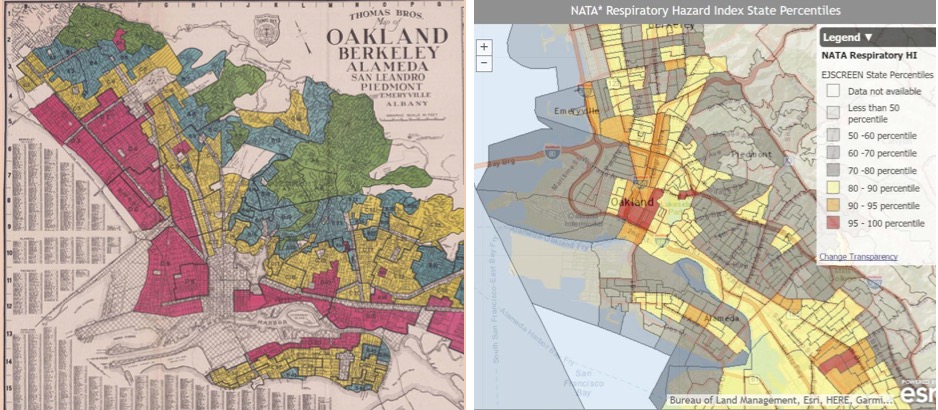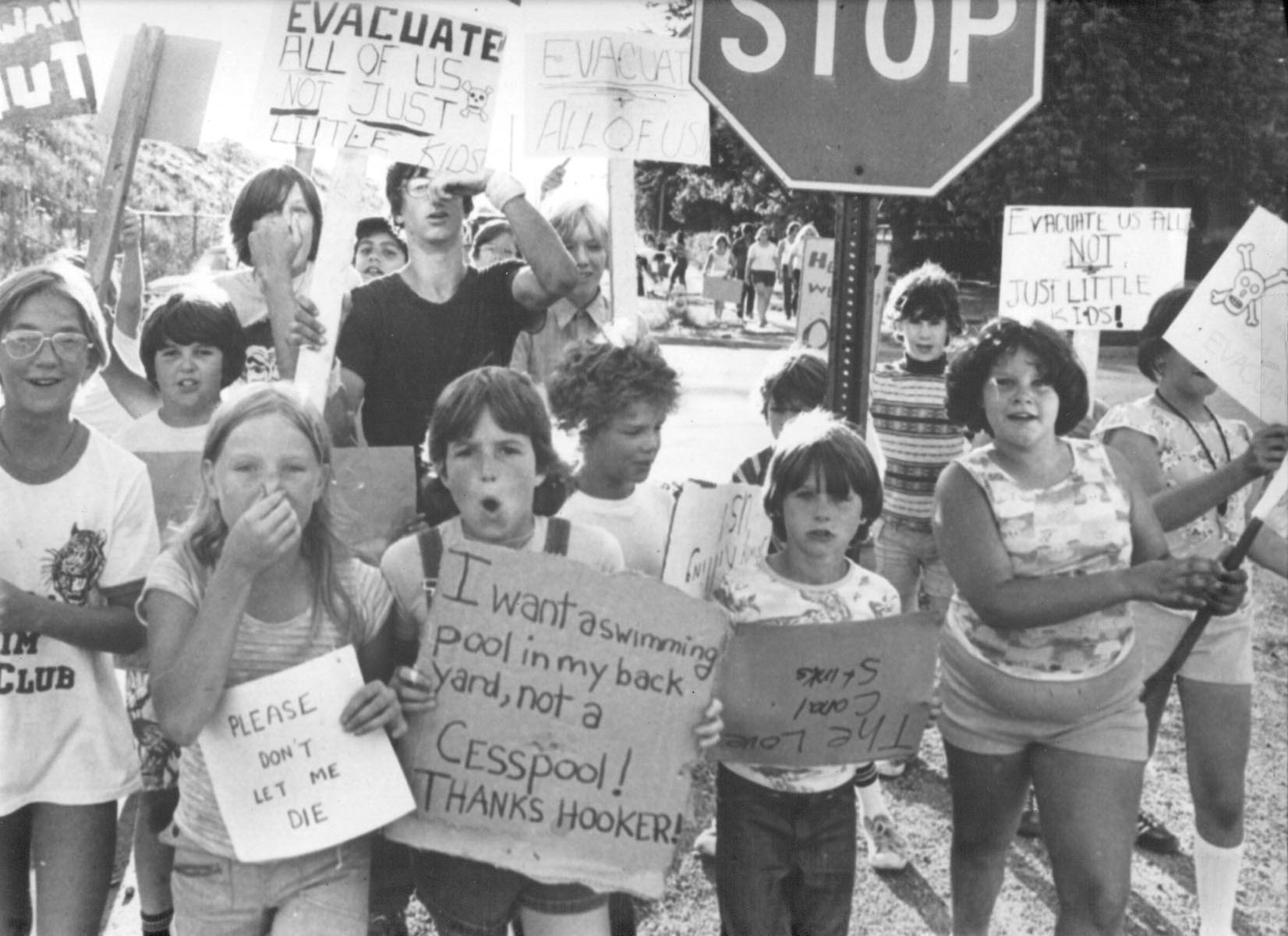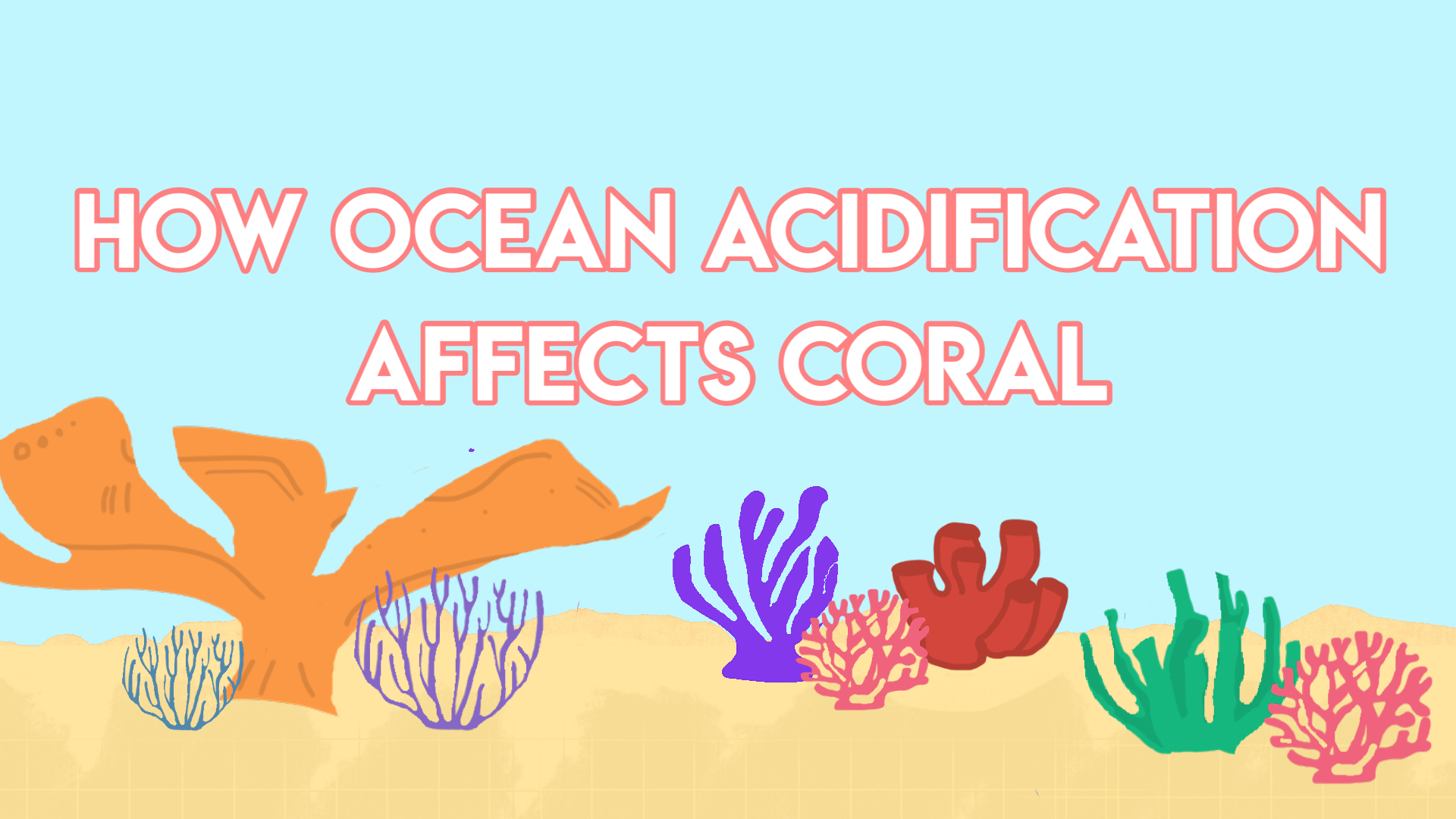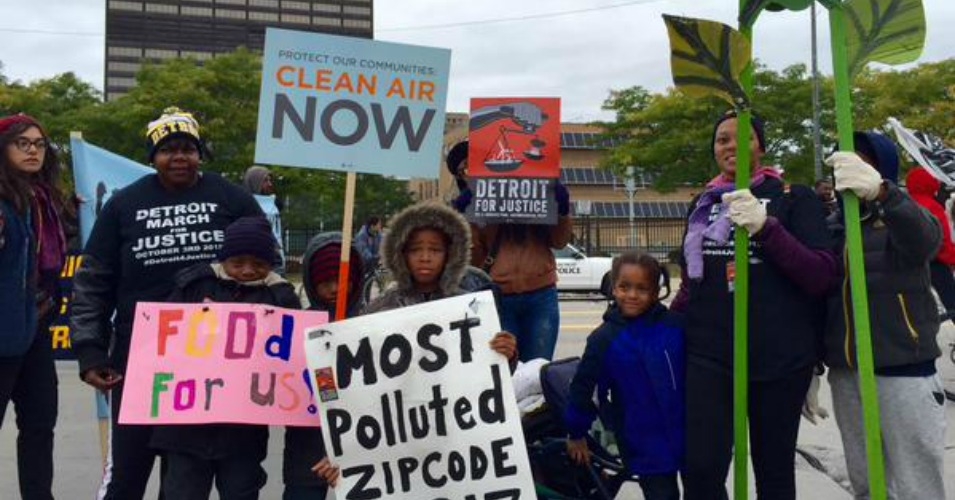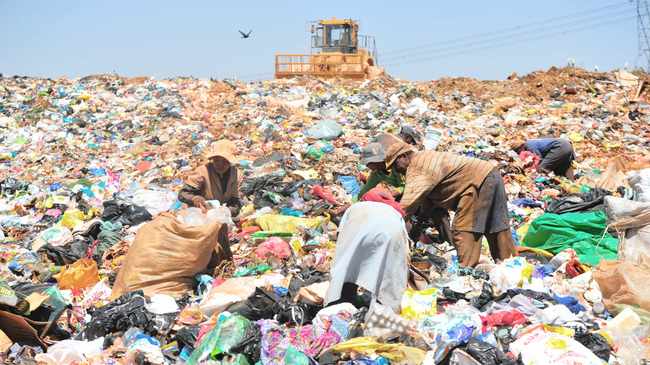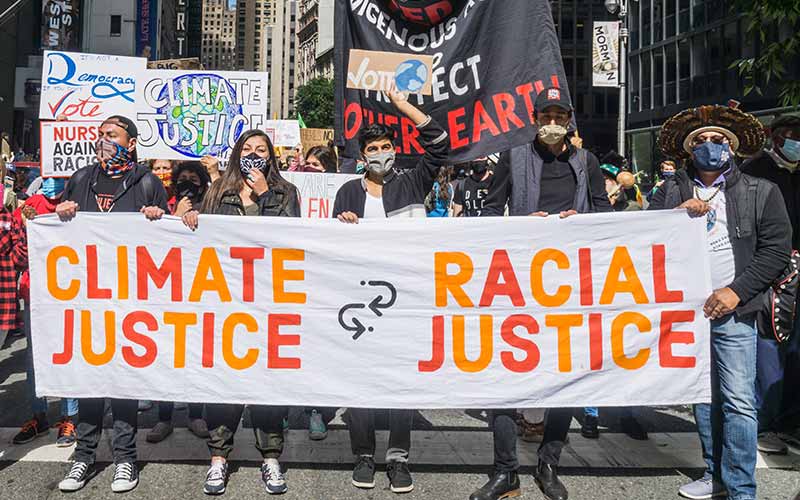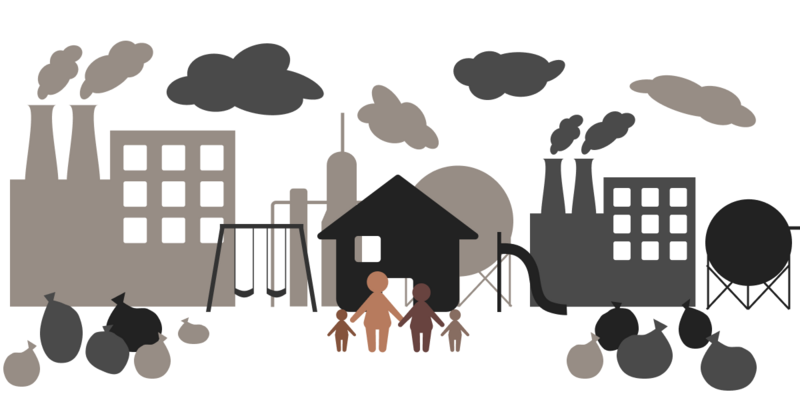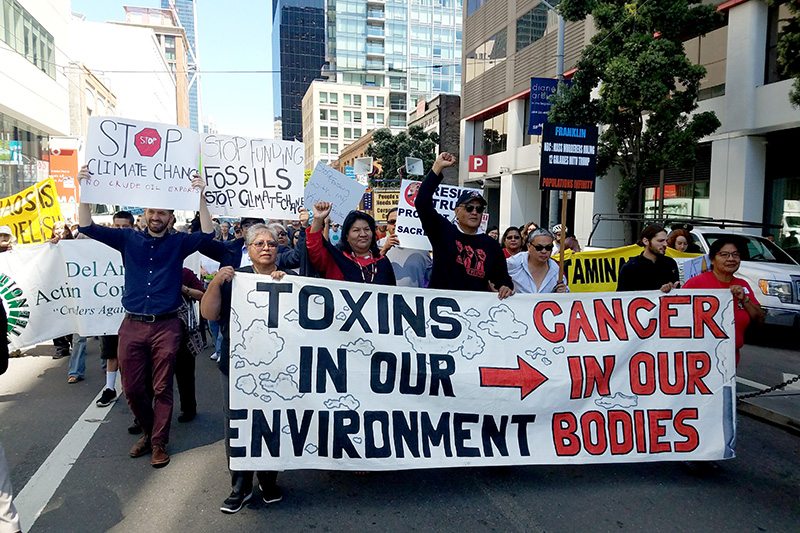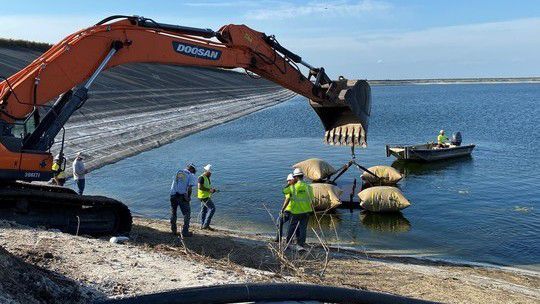Clean air is vitally important to our health. When we’re breathing in contaminants that don’t belong in our bodies such as smoke, car exhaust, and chemical gas, we’re breathing in tiny particles and chemicals that can damage our organs and harm our bodies. Even though air surrounds us everywhere, some people are exposed to more air pollution than others. Car READ MORE
2 Year Anniversary: A Reflection
Perhaps I was destined to be an environmentalist since my birth on Earth Day. Or perhaps I am simply a product of my environment, living in a perpetually drought-stricken suburb of California. Whether nature or nurture, environmental science captivates me. Though I’ve always had a general interest in climate change and the earth’s systems, AP Environmental Science revealed its pervading READ MORE
The Love Canal Disaster
You may think of dirt as just the brown stuff we walk on, but healthy land is essential for people too, just as much as air and water. The soil provides the nutrition and water that plants need to become our food, shelter, or medicine. Healthy soil also helps naturally filter water so that it is clean for us to READ MORE
Ocean Acidification’s Effects on Coral
Many misconstrue why and how coral reefs are collapsing. There are a number factors including warming waters which causes coral bleaching, rising sea levels, and ocean acidification (what we will be covering here). A number of people are familiar with coral bleaching, with the stark white in contrast with the normally vibrant corals that we are familiar with. However, ocean READ MORE
The Intersection Between Racism, Health, and Nature
Aside from blatant disregard for people of color’s health as seen in Flint, Michigan, environmental injustice can also be seen on a smaller scale. Less obvious health hazards can quickly add up and severely jeopardize the health of our most vulnerable members of society. Some examples include a lack of nature in poor neighborhoods to decreased access to nutritional foods READ MORE
Developing nations should not be our dumping grounds
Last month, we talked about how environmental racism affects communities around the United States. However, this phenomenon doesn’t just happen at the national level; throughout the world, developing countries are forced to bear the burden of the world’s pollution and the effects of climate change, even when they are the ones who contribute the least to these problems. For example, READ MORE
Environmental Racism
What is environmental racism? Environmental racism is a form of systematic racism that unproportionally exposes minority groups to more hazards and pollutants that lower their quality of life. For example, poorer communities with more people of color are often placed next to garbage dumps, hazardous waste facilities, and are overall exposed to more pollution than their counterparts. This high exposure READ MORE
Environmental Racism is NOT Random Chance
As discussed in this month’s previous blog entry, environmental justice is a movement that seeks to ensure that decisions related to environmental policy and implementation include the groups and community that are most affected by those policies. Environmental justice encompasses the equal distribution of environmental hazards as well as the equal distribution of environmental resources. Environmental racism refers to communities READ MORE
The Birth of Environmental Justice
The United States Environmental Protection Agency (EPA) defines environmental justice as “the fair treatment and meaningful involvement of all people regardless of race, color, national origin, or income, with respect to development, implementation, and enforcement of environmental laws, regulations, and policies.” Fair treatment, as defined by the EPA, means that no group of people should bear a disproportionate share of READ MORE
The Price of Pollution
Despite years of professionals advising against keeping the Piney Point phosphate mine open, HRK Holdings, the company that owns Piney Point, the Florida Department of Environmental Protection (FDEP), and the Manatee County Port Authority continued their plans to use the toxic property for their personal gain. Their neglect for public safety led to a near catastrophe, the evacuation of 300 READ MORE

